On all those comic lists of the world’s shortest books (Great Italian War Heroes, My Hunt for the Real Killers, by O.J. Simpson etc.), the best title I ever came across was Bloomsbury: the Untold Story. Now, though, BBC2’s new drama, Life in Squares, is giving us yet another chance to marvel at how many sexual permutations one small group of people can achieve.
But before all that began, Monday’s first episode was at some pains to show us the forces of Victorian stuffiness against which the Bloomsbury group rebelled. In the first scene, a suitor tried to woo Vanessa Stephen with the chat-up line, ‘Only two more days, Miss Stephen, to the opening of the trout-fishing season.’ In the second, Vanessa understandably denounced the ‘dead conversation, dead habits’ surrounding her and her sister Virginia, and flung her corset out of her bedroom window with a hearty cry of ‘Freedom!’ And just in case that wasn’t clear enough, she then told her black-clad and endlessly disapproving Aunt Mary to leave the house, because ‘we intend to live in our own way’.
In other words, the programme takes the Bloomsburyites entirely on their own terms, as heroic battlers for modernity against suffocating convention. It’s a perfectly defensible point of view admittedly, but not one that here makes for an especially compelling watch. Instead, Life in Squares presents its case for how admirable these people were with such plodding care that much of the dialogue is in the form of rather stilted intellectual exposition, and the people speaking it seem more like interesting sociological specimens than interesting dramatic characters.
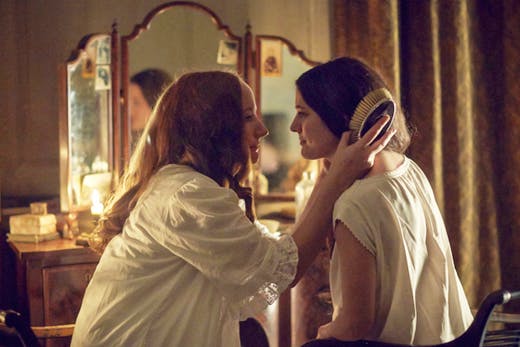 Virginia Woolf (Lydia Leonard) and Vanessa Bell (Phoebe Fox)
Virginia Woolf (Lydia Leonard) and Vanessa Bell (Phoebe Fox)
On Monday, the gay trio (and sometimes triangle) of Duncan Grant, Lytton Strachey and John Maynard Keynes went dutifully about the business of what Strachey called ‘the higher sodomy’ — which, to be honest, didn’t appear all that different from any other kind. Virginia looked suitably wan and neurasthenic, while also keeping us up to date on her early career (‘the Times Literary Supplement have asked me to write another review’). The main character, however, is Vanessa, who after the death of her brother Thoby, finally accepted one of Clive Bell’s repeated proposals of marriage.
At first, all went well — ‘I am in heaven here with Clive,’ she wrote to Virginia from a trip abroad. ‘Copulation continues to be a tremendous success.’ But after the birth of baby Julian left Clive feeling neglected, he gave his wife’s freethinking ways their first big test by confessing that he was now sleeping with his old flame Mrs Raven Hill. Fortunately, it was a test that Vanessa passed with some aplomb. ‘I don’t think either of us should be hemmed in or unhappy just because we’re married,’ she replied — before rewarding his honesty with a vigorous bout of presumably successful copulation.
Of course, Life in Squares does have the distinct advantage that the story of Bloomsbury is certainly not dull. Yet, if the series is properly to catch fire, it needs to go beyond merely endorsing the Bloomsburyites’ world view and to introduce a few dissenting voices that are a lot more convincing than Aunt Mary’s. Otherwise, it might well turn out that for a TV viewer, bohemian conformity can be just as stuffy and suffocating as any other type.
Meanwhile, the week’s other new BBC drama series took an even more well-worn path — by adapting Agatha Christie for television. In Partners in Crime (BBC1, Sunday), David Walliams and Jessica Raine play Tommy and Tuppence Beresford — the stars of five Christie books — as a sort of 1950s crime-solving equivalent of Terry and June: he, massively impractical, occasionally pompous and with a habit of knocking things over; she, highly competent, always supportive and only ever exasperated with her husband in the most benign possible way.
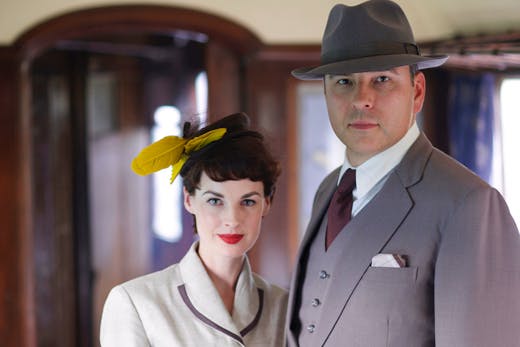 Partners in crime: David Walliams and Jessica Raine
Partners in crime: David Walliams and Jessica Raine
In this version, mind you, the couple stumbled into the crime-solving part by accident — or, if you prefer, by a series of wild coincidences involving a chance meeting with a young woman on a train and the fact that Tommy’s uncle Carter works for the intelligence services and was willing to pluck the Beresfords from their bee-keeping business to help him find a Russian killer. (‘A secret assassin, a missing girl, a communist plot,’ as Tuppence put it by way of helpful summary.)
In theory, Partners in Crime should be somewhere between a disappointment and a car crash: the plot is full of holes and the characters are an eerily familiar mix of cricket-loving establishment types, gruff cockney villains and men who demonstrate how rich they are by saying, ‘I’m a very rich man.’ In practice, the programme goes about its work with such shameless conviction (but without any of the earnestness of, say, Life in Squares) that it already feels like an established and enjoyable piece of Sunday-night froth.
Got something to add? Join the discussion and comment below.
Get 10 issues for just $10
Subscribe to The Spectator Australia today for the next 10 magazine issues, plus full online access, for just $10.

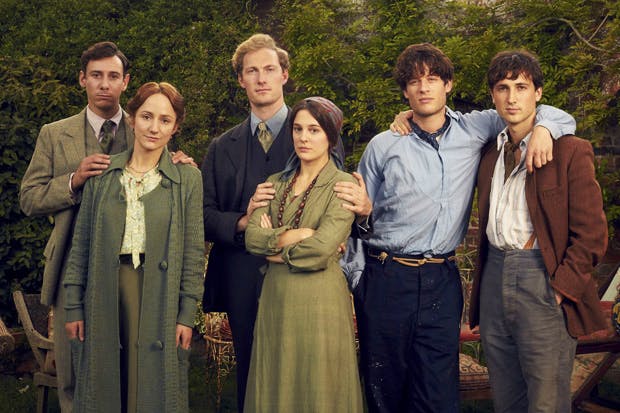
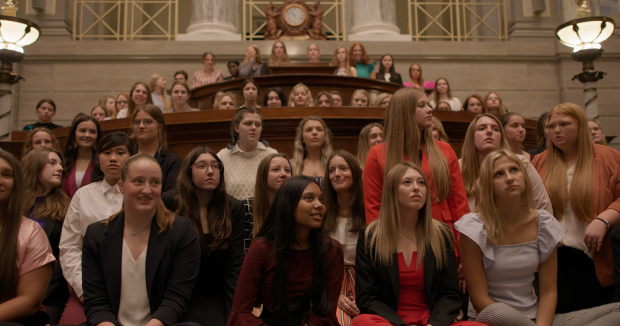


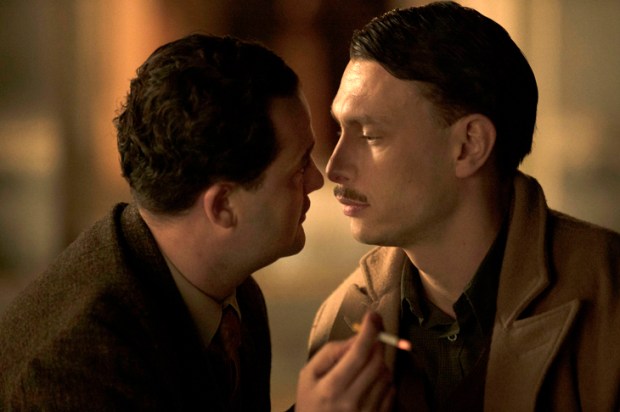
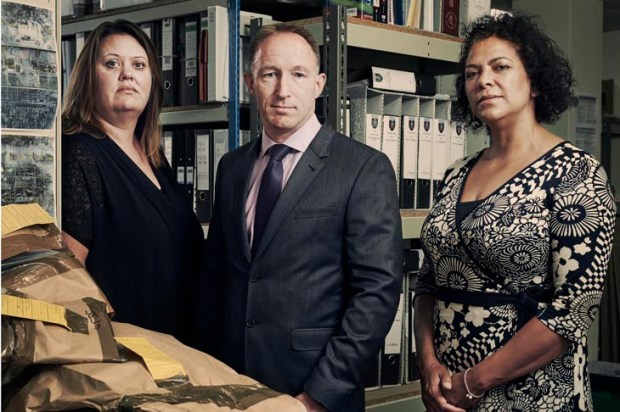
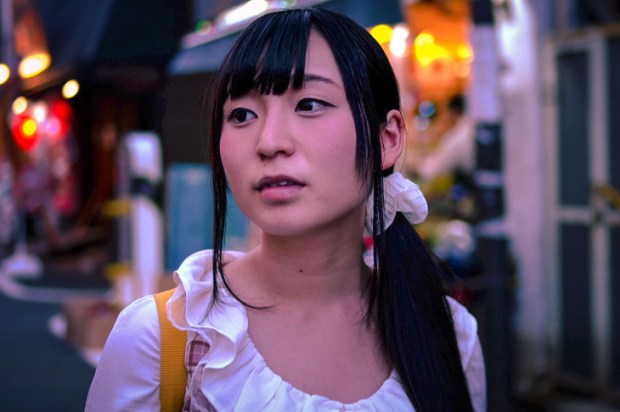






Comments
Don't miss out
Join the conversation with other Spectator Australia readers. Subscribe to leave a comment.
SUBSCRIBEAlready a subscriber? Log in